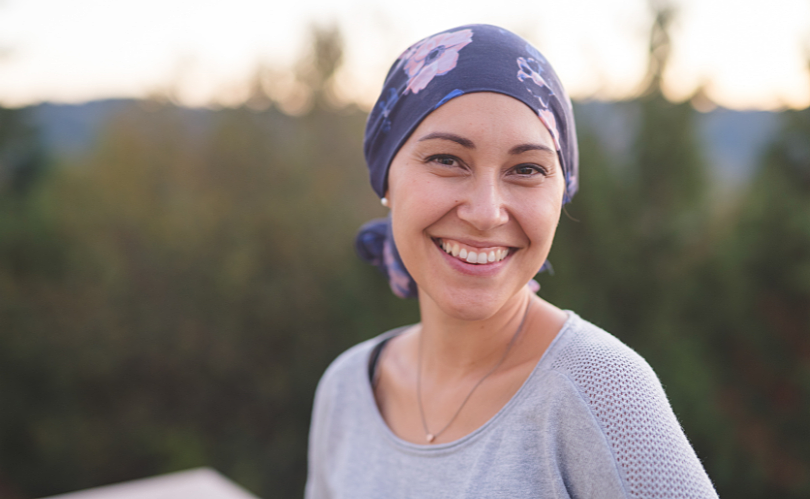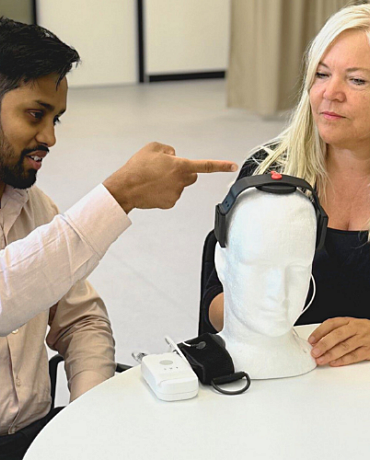Researchers from Neuroscience Research Australia (NeuRA) have been awarded a grant from the National Health and Medical Research Council (NHMRC) to investigate if a rehabilitation program can improve the quality of life in cancer survivors.
The NHMRC’s Clinical Trials and Cohort Scheme is designed to support high-quality clinical trials and cohort studies that address important gaps in knowledge, leading to relevant and implementable findings for the benefit of human health.
Dr Jasmine Menant, Senior Research Fellow at NeuRA and Conjoint Lecturer, School of Public Health and Community Medicine, UNSW Medicine, Dr Daina Sturnieks, Senior Research Scientist at NeuRA and Professor Stephen Lord, Senior Principal Research Fellow, were one of 28 groups to receive a grant this funding round.
Improved Quality of Life for Cancer Survivors
Tens of thousands of Australians receive chemotherapy for cancer every year. Chemotherapy can have side-effects, one of which is chemotherapy-induced peripheral neuropathy (CIPN) – a type of nerve damage that involves tingling, numbness, weakness or pain. CIPN is a common and disabling side-effect that greatly affects quality of life.
NeuRA research scientists Dr Menant, Dr Sturnieks and Prof Lord will trial whether a four-month rehabilitation program targeting balance and cognition, which are commonly impaired in cancer survivors with CIPN, can reduce symptoms and improve balance and quality of life.
“People who have CIPN can have poorer sensation in their feet and so they struggle to control their balance,” says Dr Menant. “We also know that cancer survivors with CIPN exhibit some cognitive deficits that impair everyday function.”
“This training is unique because it aims to improve both the physical and cognitive functions of people living with CIPN. The trial involves applying a training program proven to prevent falls in older people and trialling it on a new cohort of people living with CIPN. Our goal is to reduce the symptom burden and improve balance, mobility and cognition so survivors can re-engage with daily activities.
The training will be done using engaging home-based exergames – which are exercises presented in a gamified format – all of which are conducted on a step training mat.
“Adherence to exercise can be challenging and people don’t keep up, so these exergames are set up to be fun and engaging and motivate participants to keep going,” says Dr Menant.
About the trial
Due to begin in early 2024, the trial will involve 178 cancer survivors with CIPN recruited across three sites: Sydney, Brisbane and Adelaide. This highly scalable intervention has potential to accelerate access to effective rehabilitation for cancer survivors with CIPN to regain everyday function and live well in remission.
The trial will involve a multidisciplinary team of research scientists and clinicians spanning the areas of neurophysiology, oncology, health economics, exercise physiology, nursing, biostatistics, physiotherapy and clinical epidemiology.
This highly scalable intervention has potential to accelerate access to effective rehabilitation for cancer survivors with CIPN to regain everyday function and live well in remission.







